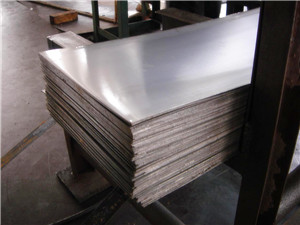ASTM B443 UNS N06625 inconel 625 nickel alloy steel plate sheet coil
Inconel 625 is a nickel-based superalloy with excellent resistance to oxidation and corrosion, in conditions ranging from jet engine propulsion systems to chemical processing of oxidizing and reducing acids. The nickel-chromium matrix of Inconel® 625 is reinforced by the addition of molybdenum and niobium, which is alloyed through solid solution strengthening, and this allows it to maintain high strength and toughness at temperatures ranging from cryogenic up to 2000°F (1093°C). It is non-magnetic, austenitic, and displays high tensile strength, fabricability, and brazeability. Due to its high nickel content, this alloy is nearly immune to chloride ion stress-corrosion cracking and pitting, which is commonly found in metals in seawater applications like heat exchangers, fasteners, and cable sheathing.
Alloy UNS N06625 products are furnished in two grades of different heat-treated conditions:
Grade 1 (Annealed)—Material is normally em�ployed in service temperatures up to 1100°F (593°C).
Grade 2 (Solution Annealed)—Material is normally employed in service temperatures above 1100°F (593°C) when resistance to creep and rupture is required.
NOTE: Hot-working or reannealing may change properties significantly, depending on working history and temperatures.
Inconel 625 Plate Mechanical Properties
| Grade |
Product |
Tensile
Strength
min, psi (MPa) |
Yield Strength
0.2 % Offset,
min, psi (MPa) |
Elonga tion in 2
in. or 50
mm, min,
% |
| Grade1 |
annealed |
Cold-rolled sheet and strip |
120(827) |
60(414) |
30 |
| Hot-rolled sheet and hot-rolled plate up to 2.75 in. (70 mm), incl |
110(758) |
55(379) |
30 |
| Cold-rolled plate up to 0.375 in. (9.5 mm), incl |
110(758) |
55(379) |
30 |
| Grade2 |
solution annealed |
Cold-rolled sheet and strip, hot-rolled sheet, cold-rolled plate, and hot-rolled plate |
100(690) |
40(276) |
30 |
Chemical Composition of Inconel 625 Plates
| |
Element |
Percent by Weight |
| C |
Carbon |
0.010 maximum |
| Mn |
Manganese |
0.50 maximum |
| P |
Phosphorus |
0.015 maximum |
| S |
Sulfur |
0.015 maximum |
| Si |
Silicon |
0.50 maximum |
| Cr |
Chromium |
20.00 - 23.00 |
| Ni |
Nickel |
Balance |
| Mo |
Molybdenum |
8.00 - 10.00 |
| Nb |
Columbium |
3.15 - 4.15 |
| Ti |
Titanium |
0.40 maximum |
| Al |
Aluminum |
0.40 maximum |
| Ta |
Tantalum |
0.05 maximum |
| Fe |
Iron |
5.00 maximum |
Inconel 625 Plate Physical Properties
- Density: 0.303 lb/in3 (8.44 g/cm3
- Specific Gravity: 8.44
- Melting Range: 2350 - 2460°F (1280 - 1350°C)
- Specific Heat: 0.098 Btu/lb x °F (410 Joules/kg x °K)
- Magnetic Permeability (75°F, 200 oersted): 1.0006
Thermal Conductivity
| Temperature Range |
Linear Coefficients of Thermal Expansion1 · 10-6 |
Thermal Conductivity2 3 |
| °C |
°F |
/°C |
/°F |
W/m·K |
Btu/(hr/ft²/in/°F) |
| -157 |
-250 |
- |
- |
7.3 |
4.2 |
| -129 |
-200 |
- |
- |
7.4 |
4.3 |
| -73 |
-100 |
- |
- |
8.3 |
4.8 |
| -18 |
0 |
- |
- |
9.2 |
5.3 |
| 21 |
70 |
- |
- |
9.9 |
5.7 |
| 38 |
100 |
- |
- |
10.0 |
5.8 |
| 93 |
200 |
12.8 |
7.1 |
10.7 |
6.3 |
| 204 |
400 |
13.1 |
7.3 |
12.6 |
7.3 |
| 316 |
600 |
13.3 |
7.4 |
14.2 |
8.2 |
| 427 |
800 |
13.7 |
7.6 |
15.7 |
9.1 |
| 538 |
1000 |
14.0 |
7.8 |
17.5 |
10.1 |
| 649 |
1200 |
14.8 |
8.2 |
19.0 |
11.0 |
| 760 |
1400 |
15.3 |
8.5 |
20.8 |
12.0 |
| 871 |
1600 |
15.8 |
8.8 |
22.8 |
13.2 |
| 927 |
1700 |
16.2 |
9.0 |
- |
- |
| 982 |
1800 |
- |
- |
25.3 |
14.6 |
- Average coefficient from 70°F (21°C) to temperature shown
- Measurements made at Battelle Memorial Institute
- Material annealed 2100°F (1149°C)
Electrical Resistivity
| Temperature |
microhm-cm |
| °C |
°F |
| 21 |
70 |
128.9 |
| 38 |
100 |
129.6 |
| 93 |
200 |
131.9 |
| 204 |
400 |
133.9 |
| 316 |
600 |
134.9 |
| 427 |
800 |
135.9 |
| 538 |
1000 |
137.9 |
| 649 |
1200 |
137.9 |
| 760 |
1400 |
136.9 |
| 871 |
1600 |
135.9 |
| 982 |
1800 |
134.9 |
| 1093 |
2000 |
133.9 |



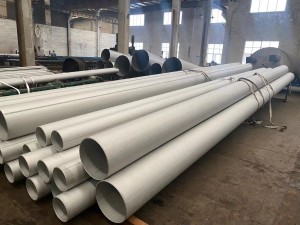
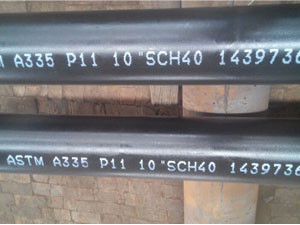
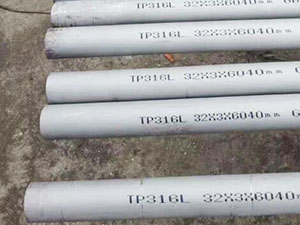
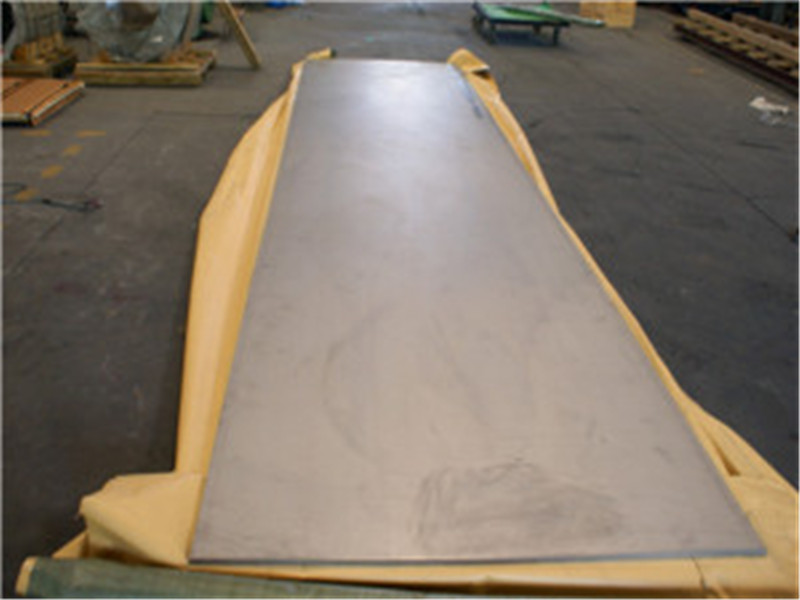
.jpg)
.jpg)
